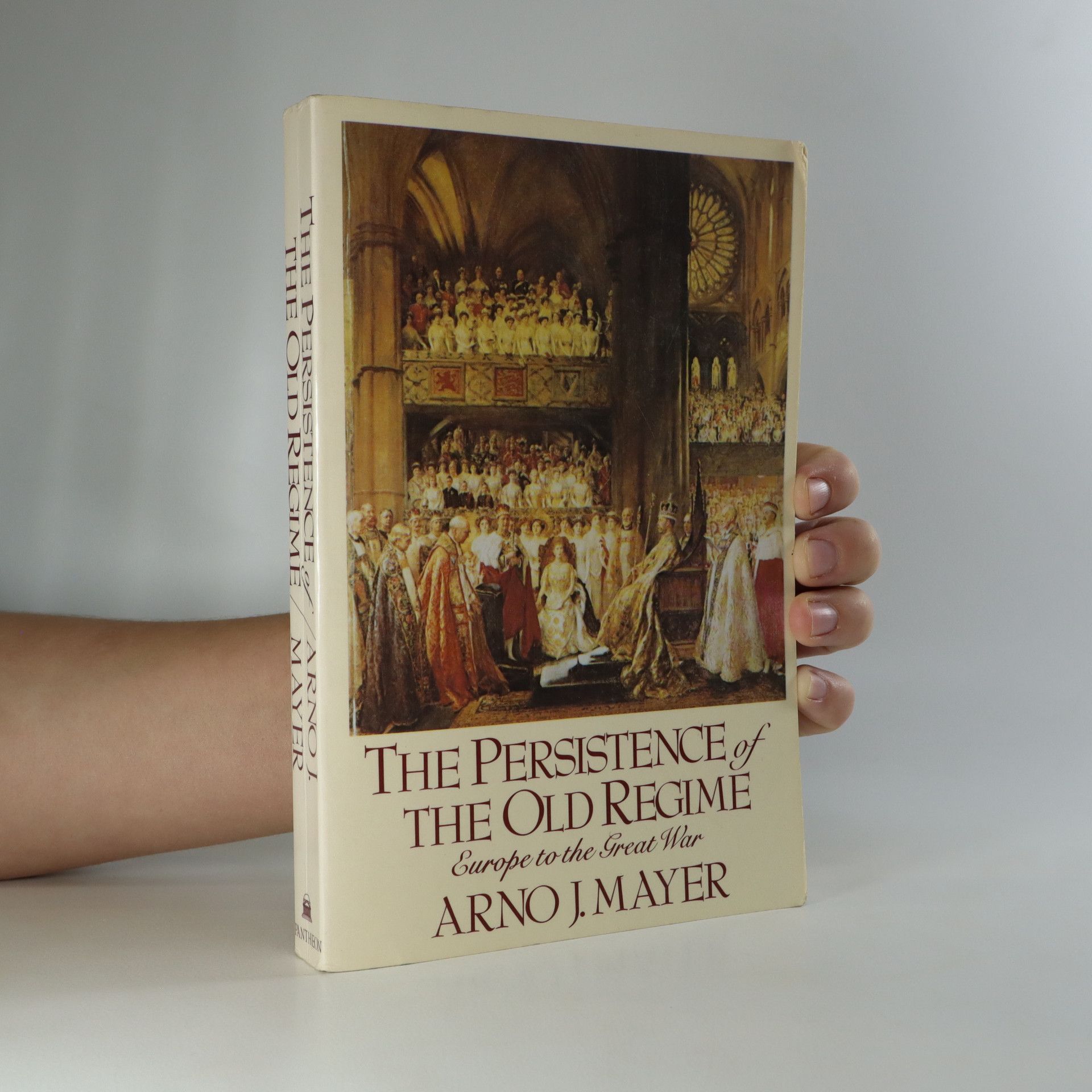A critical history of Israel and the Arab–Israeli conflict Eminent historian Arno J. Mayer traces the thinkers, leaders, and shifting geopolitical contexts that shaped the founding and development of the Israeli state. He recovers for posterity internal critics such as the philosopher Martin Buber, who argued for peaceful coexistence with the Palestinian Arabs. “A sense of limits is the better part of valour,” Mayer insists. Plowshares into Swords explores Israel’s indefinite deferral of the “Arab Question,” the strategic thinking behind the building of settlements and border walls, and the endurance of Palestinian resistance.
Arno J. Mayer Book order (chronological)
Arno Mayer is a historian focused on modern Europe, whose work examines the tension between rapid economic modernization and a lagging political order. He posits that "The Thirty Years' Crisis" between 1914 and 1945 stemmed from the clash between a dynamic industrial society and a rigid aristocratic power structure. Mayer analyzes how the aristocracy's efforts to maintain power led to the major conflicts of the 20th century. His analyses offer a distinct perspective on the origins of the World Wars and the Holocaust.




The book explores the complex interplay between idealism and terror during pivotal moments in history, specifically the French Revolution of 1789 and the Russian Revolution of 1917. Mayer critiques the contemporary dismissal of violence in favor of a belief in peaceful progress through human rights and capitalism. By revisiting these revolutions, he challenges the notion that violence is an outdated or ineffective means of enacting change, highlighting its significant role in shaping modern society.
In this classic work which analyzes the context in which thirty years of war and revolution wracked the European continent, the great historian Arno Mayer emphasizes the backwardness of the European economies and their political subjugation by aristocratic elites and their allies. Mayer turns upside down the vision of societies marked by modernization and forward-thrusting bourgeois and popular social classes, thereby transforming our understanding of the traumatic crises of the early twentieth century.